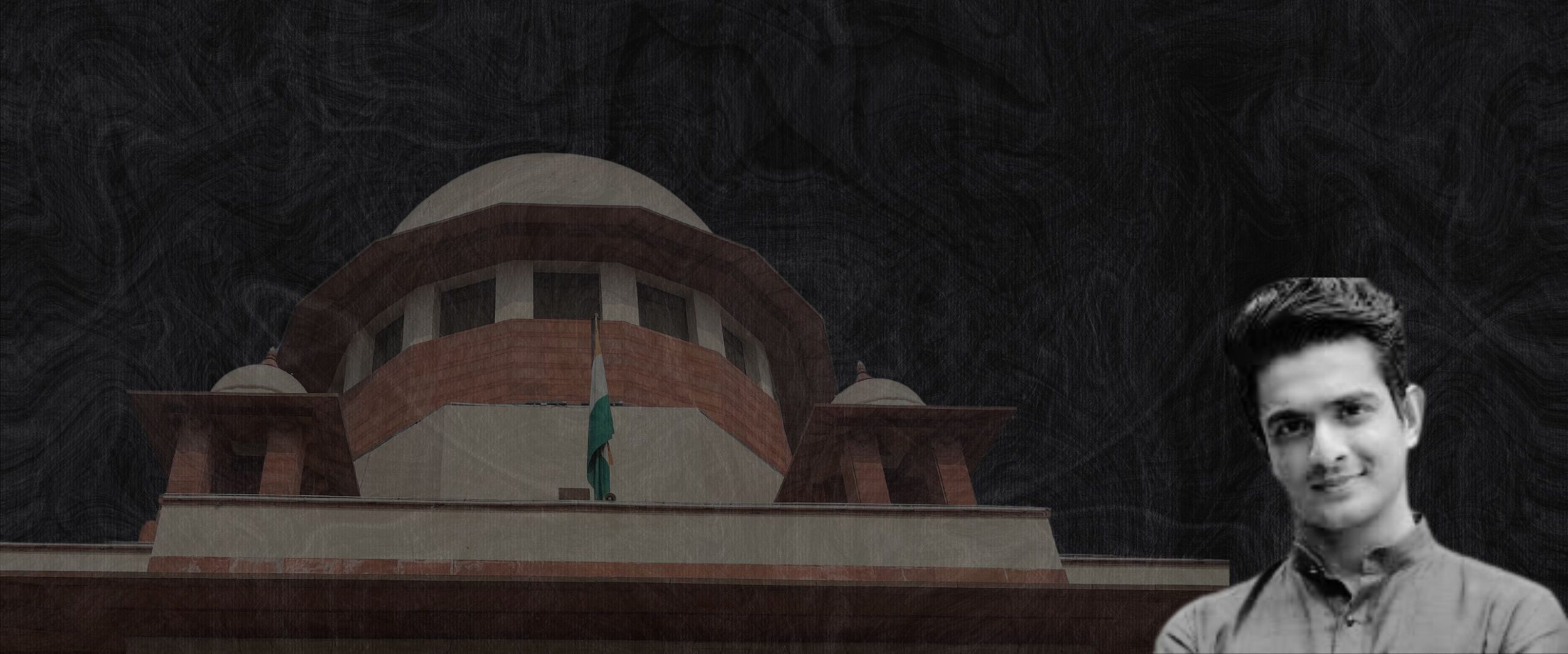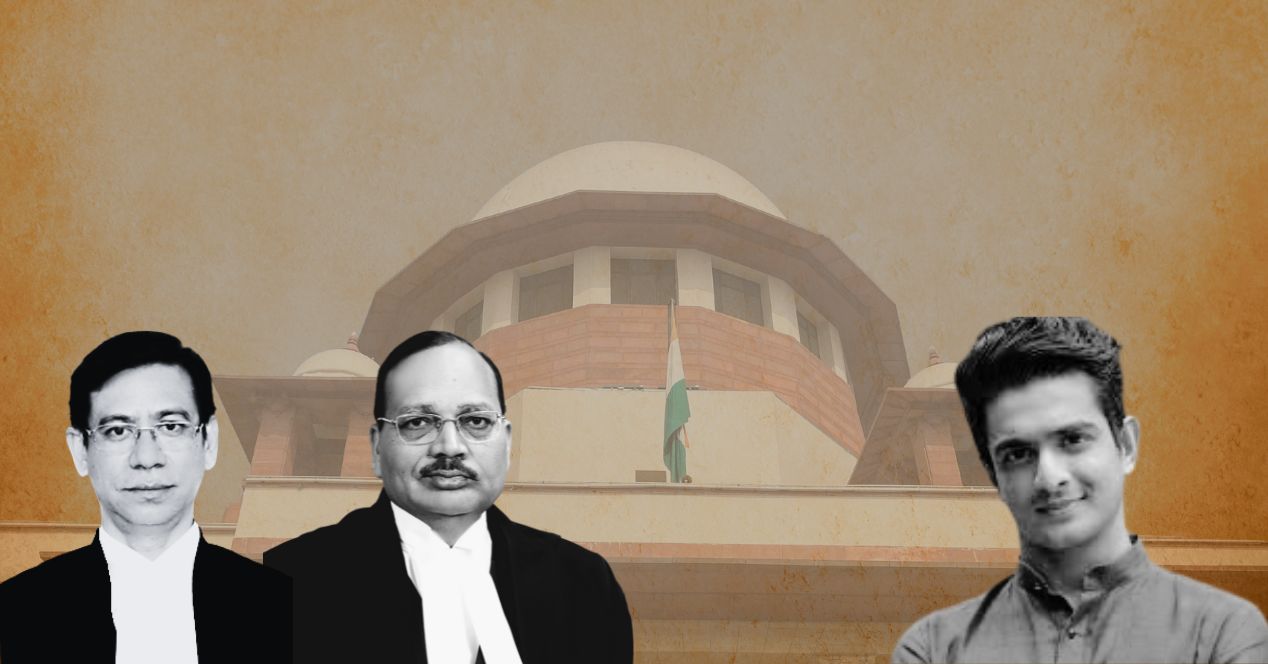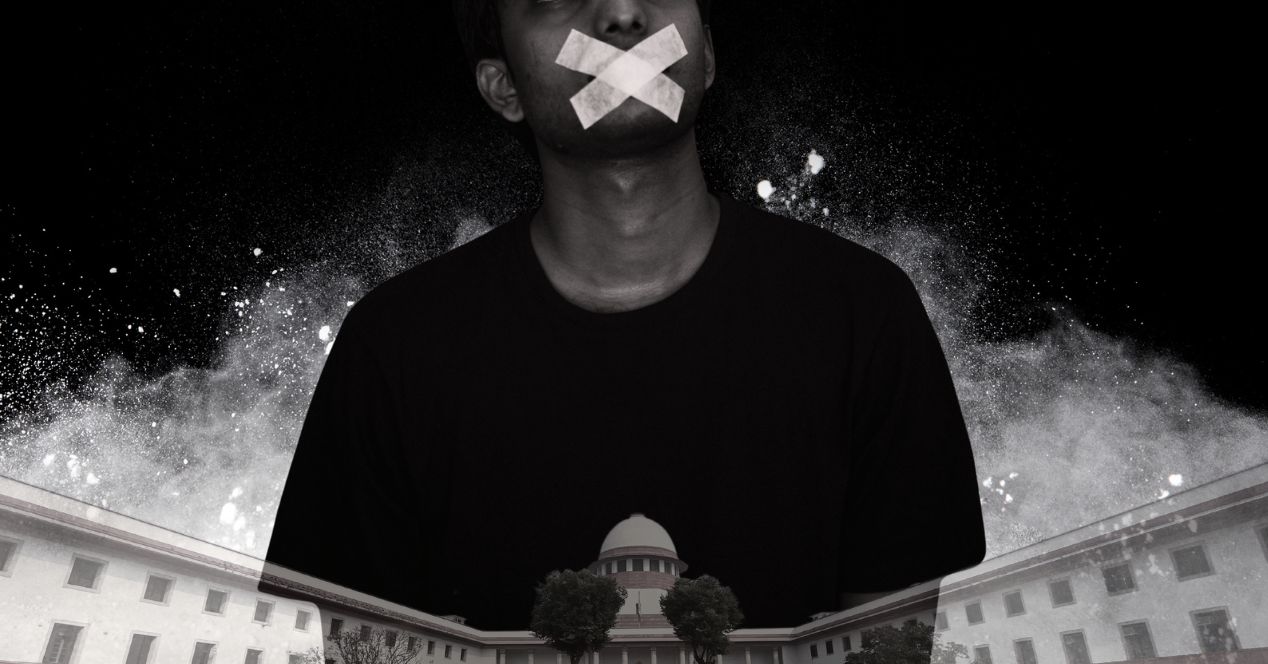Analysis
Supreme Court grants permission to release Ranveer Allahbadia’s passport
In the next hearing, the Court will decide whether FIRs registered against Allahbadia in Assam and Maharashtra should be consolidated to one

Today, a Division Bench of Justices Surya Kant and N.K. Singh permitted the release of YouTuber Ranveer Allahbadia’s passport, clearing the way for his international travel. In February 2025, the Court had directed Allahbadia to surrender his passport, restricting his international travel, during the ongoing investigation accusing him of obscenity and vulgar language on comedian Samay Raina’s show, “India’s Got Latent.”
States conclude investigation against Allahbadia
Today, counsel for Assam and Maharashtra informed the Court that investigations had concluded. Based on these submissions, the Court agreed to ease Allahbadia’s travel restrictions.
The Court held that the Maharashtra Cyber Crime Bureau “may return it [passport] on such reasonable terms and conditions,” upon Allahbadia’s application.
This relief comes almost two months after the Court permitted Allahbadia to resume his YouTube series, “The Ranveer Show,” on the condition that he maintain standards of “decency and morality”. At the time, the Court had kept his application seeking the release of his passport pending, waiting for investigations to conclude in Assam and Maharashtra, two states where FIRs had been filed against him.
Last week, Advocate Abhinav Chandrachud, appearing for Allahbadia, had argued in favour of the release of his passport, reasoning that it was crucial for his work.
Chandrachud: Let investigation continue in one State
During the hearing, Chandrachud also pushed for all investigations against Allahbadia to be consolidated and continued in Maharashtra, since both FIRs concerned the “same instance.”
Justice Kant disagreed. He pointed out that consolidating the investigations would unfairly burden victims, requiring someone from Assam to join proceedings in Maharashtra and vice versa. Justice Kant also highlighted that while the cases arose from a common incident, the FIRs contained state-specific allegations.
Chandrachud argued that the incident took place in Mumbai and it was only that the Assam FIR was more comprehensive than the one registered in Maharashtra. He cited Amish Devgan v Union of India (2020), arguing that the prosecution should proceed at the location of the first FIR. Any subsequent FIRs, he claimed, should be treated merely as statements under Section 162 of the Code of Criminal Procedure, 1973.
Justice Kant remained skeptical, noting the practical difficulties of transferring cases where some allegations are local and distinct.
The Court allowed Chandrachud to pursue this argument further at the next hearing, scheduled for Monday next week.




